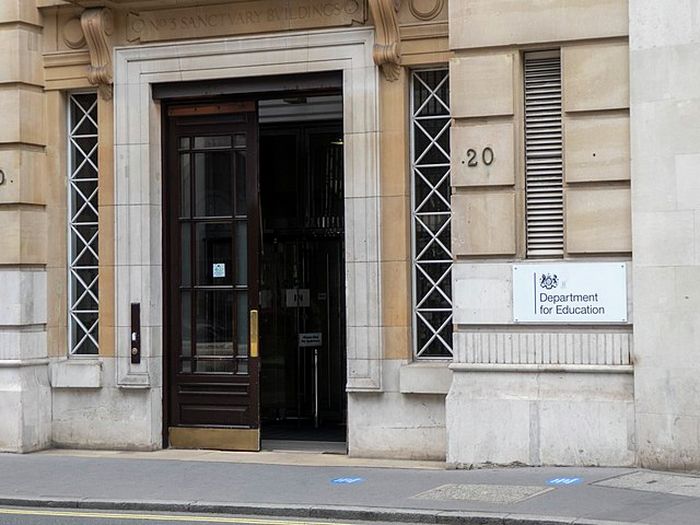Deborah Prentice named highest-paid Russell Group VC
This comes after a report into the University’s finances found a projected £53m deficit for 2023-24

Cambridge vice-chancellor Deborah Prentice was the highest paid vice-chancellor in the Russell Group in the academic year 2023-2024, the Times Higher Education (THE) reports
A study of the pay of 19 of the 24 Russell Group university vice-chancellor’s by THE found that Prentice received a salary and benefits worth £577,000 for her first year as vice-chancellor, putting her top of the list. This was more than double the lowest paid of the list, Dame Nancy Rothwell of Manchester University, who received £268,000.
Prentice’s total remuneration package includes nearly £30,000 dedicated to accommodation and property taxes, £42,000 for relocation expenses, and £22,500 for personal travel costs.
Prentice also holds one of the largest base salaries of the group, £409,000, exceeded only by Oxford’s vice-chancellor Irene Tracey at £410,000.
This comes after a report scrutinising the University’s finances in November found a projected £53 million deficit for the financial year 2023-4. The Board of Scrutiny, the University's internal watchdog, claimed that Cambridge is “flying blind” financially, with no “fully worked out plan” for how to change this situation. The report also noted that the University was feeling the pressures of high inflation.
While the University’s annual remuneration report for 2023-24 has not yet been released, the 2022/23 report published by the University found that vice-chancellor pay was 10.3 times that of the median pay of University staff. It was also 5.6 times the median pay of academic staff.
These figures are for the year ending on the 31st July 2023, covering the end of Stephen Toope’s tenure as vice-chancellor, Antony Freeling’s time as acting vice-chancellor, and the start of Deborah Prentice’s time in the role.
The University has previously justified this amount, despite criticism from the SU’s Class Act campaign. A University spokesperson said that the vice-chancellor’s salary is “informed by a careful analysis of pay in a highly competitive sector”.
They added: “As one of the top universities in the world, we need to attract and retain high performing leaders.”
Before taking up her current post, Prentice, whose academic background is in psychology, had been provost of Princeton University since 2017.
During her term as vice-chancellor, she has been outspoken about freedom of speech on campus, strike action and ethical investments. She has also led the University to meet its £500m student support target set in 2018, enabling widening participation schemes and the foundation year.
 News / Cambridge student numbers fall amid nationwide decline14 April 2025
News / Cambridge student numbers fall amid nationwide decline14 April 2025 News / First candidate to announce chancellorship bid pledges to tackle bullying 12 April 2025
News / First candidate to announce chancellorship bid pledges to tackle bullying 12 April 2025 News / Rowing row continues as Oxford and Cambridge scrap women’s trial race9 April 2025
News / Rowing row continues as Oxford and Cambridge scrap women’s trial race9 April 2025 Lifestyle / First year, take two: returning after intermission14 April 2025
Lifestyle / First year, take two: returning after intermission14 April 2025 News / PETA urges Cambridge dictionary to change ‘derogatory’ rat definition11 April 2025
News / PETA urges Cambridge dictionary to change ‘derogatory’ rat definition11 April 2025




